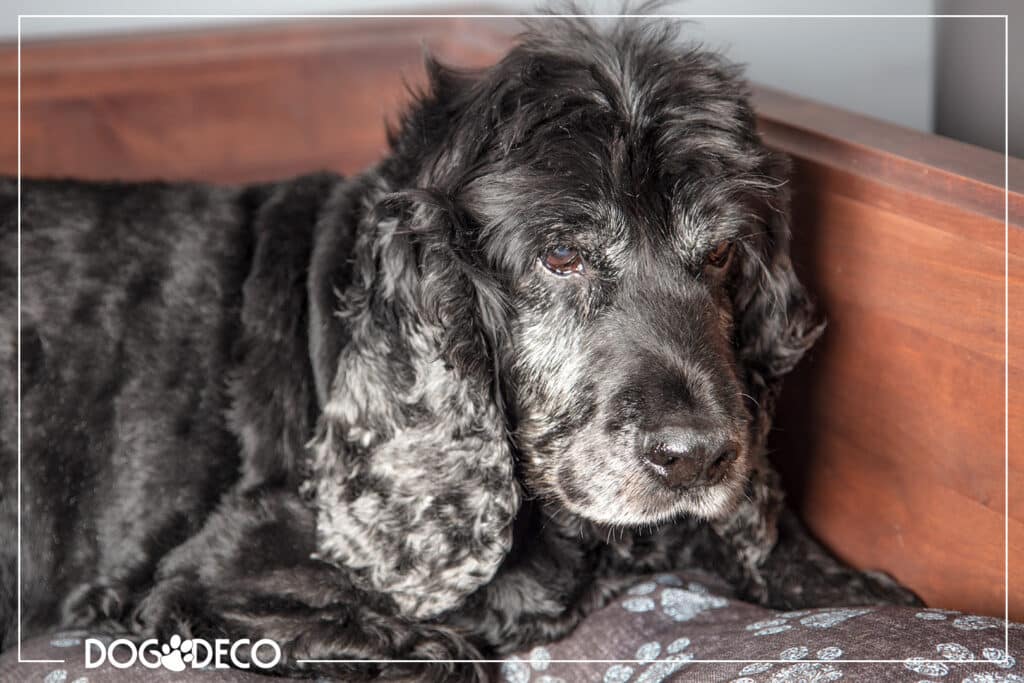dog blog
Why Does My Dog Shake? Causes of Tremors and When to See a Vet

Most dog owners have seen their pet shake at some point. In many cases, it’s nothing to worry about — shaking can be as harmless as excitement or feeling a little cold. Still, tremors can sometimes signal illness, which makes it important to observe your dog carefully.
This article explains the most common reasons why dogs shake, when it’s normal, and when you should consult a veterinarian.

Common Reasons Why Dogs Shake
Feeling Cold
Just like humans, dogs shiver to warm up when their body temperature drops. Small breeds such as Chihuahuas, Yorkshire Terriers, Shih Tzus, and Maltese are especially prone to trembling, as are dogs with little or no undercoat.
It’s also common for dogs to shake during or after a bath. If the trembling stops once they’re warmed up, there’s no need for concern.
How to help your dog warm up:
- Use a dog coat or sweater that covers the back and keeps vital organs protected.
- Opt for shorter, more frequent walks in cold weather.
- Encourage movement with a longer leash or light running.
- Make sure the bathroom is warm after a bath.
Strong Emotions
Dogs often tremble when they’re experiencing strong emotions such as fear, stress, or excitement. This might happen after hearing a loud noise, meeting an unfamiliar dog, before a car ride, or at the vet’s office. Some dogs even shake out of joy when they get a new toy or a favorite treat.
After Exercise
If your dog shakes and pants after play or running, it may simply be a sign of fatigue. However, excessive exertion can put stress on their body. Pay attention to the intensity and duration of physical activity to avoid overtraining.
During Sleep
It’s common for dogs to twitch, shake, or even make noises while sleeping. This usually happens during the REM phase of sleep and is considered a sign of healthy, deep rest.
If shaking during sleep is accompanied by other worrying symptoms, a veterinary check-up may be necessary.
Large dog crate furniture GUARD with oak top
Wooden Dog Crate Sideboard with drawers HARRIER
Wooden dog crate sideboard FAIRY with turned legs, drawers and sliding doors
Hardy dog cage sideboard KEEPER with a solid oak top and a cabinet
Industrial dog cage furniture SHALTER with oak top and shelves
Metal dog crate furniture HARBOR in Loft-style
Luxury indoor dog kennel sideboard with drawers CANNON
Wooden dog crate furniture sideboard ICON
Medical Causes of Shaking
Poisoning
If shaking comes with vomiting, diarrhea, drooling, or fever, your dog may have eaten something toxic or spoiled. In this case, seek veterinary care immediately.
Prevention tips:
- Avoid feeding dogs human food.
- Watch out for food scraps or litter on the ground during walks.
- Use a muzzle if your dog tends to eat everything it finds.
Epilepsy
Epilepsy is one of the most common neurological disorders in dogs. Seizures are characterized by muscle contractions, drooling, loss of consciousness, and sometimes involuntary urination or defecation. If you notice these signs, consult a veterinarian immediately.
Other Illnesses
Shaking may also indicate pain or underlying conditions. For example:
- Trembling legs can be a symptom of arthritis.
- Shaking combined with fever, lethargy, vomiting, or diarrhea may point to organ problems such as liver or pancreas disorders.
- Loss of consciousness together with tremors always requires urgent veterinary attention.
Prompt care from an owner and timely treatment from a vet can often save a dog’s life.
Summary
Dogs shake for many reasons — from harmless ones like excitement or being cold, to serious causes such as poisoning, epilepsy, or illness. Most of the time, shaking is normal, but owners should stay alert and look out for additional symptoms.
When in doubt, consult your veterinarian. Careful observation and quick action are the best ways to keep your dog safe and healthy.





















